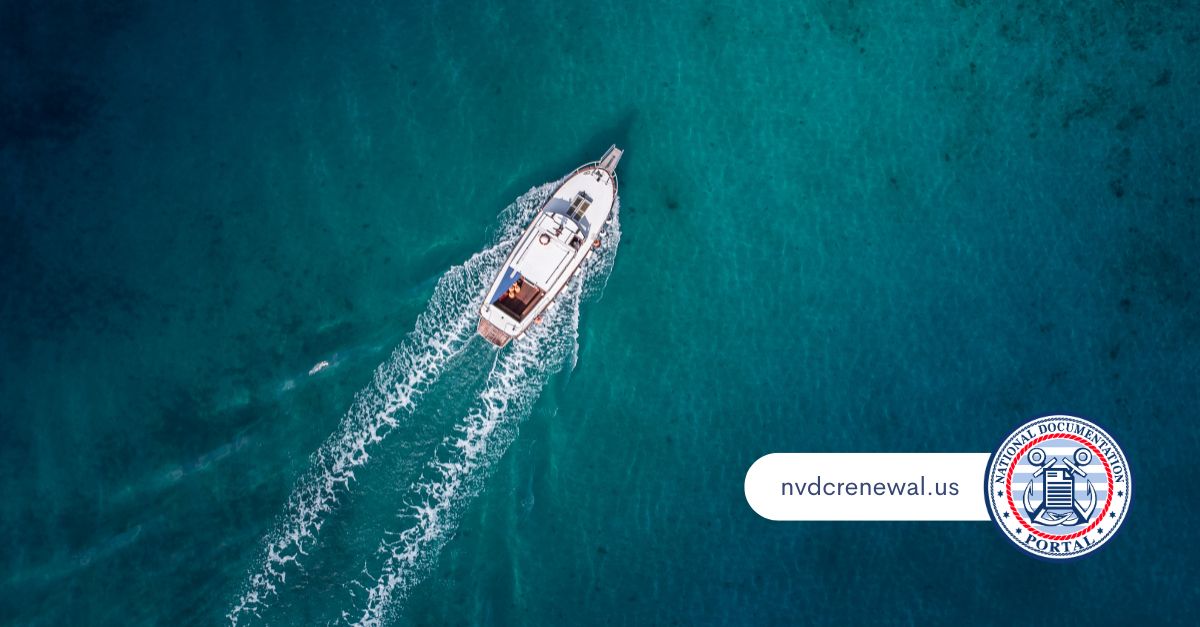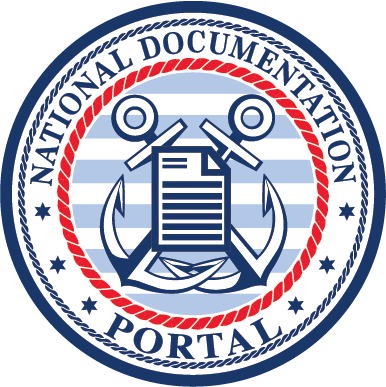For boat owners in the United States, proper registration is a crucial step in ensuring both compliance with regulations and the security of their maritime investments. One of the options available is boat registration, a federal process that offers unique benefits and advantages. In this comprehensive guide, brought to you by Vessel Documentation Online, we’ll dive into how Coast Guard Boat Registration works and why it’s a preferred choice for many vessel owners.
Understanding Coast Guard Boat Registration
Coast Guard boat registration, also known as “documentation,” is a federal form of vessel registration within the United States. It is administered by the U.S. Coast Guard through the National Vessel Documentation Center (NVDC). While primarily intended for commercial vessels, documentation is also available to recreational boat owners.
Eligibility and Requirements
To be eligible for USCG boat registration, a vessel must meet specific criteria:
– U.S. Citizenship: The vessel’s owner(s) must be U.S. citizens or entities eligible for documentation.
– Vessel Size: While there are size restrictions, many vessels, including those over 5 net tons, are eligible for documentation.
– No Outstanding Debt: The vessel should not have any outstanding debt or liens.
The Application Process
The process of obtaining Coast Guard boat registration typically involves the following steps:
Application Submission
Owners submit an application to the National Vessel Documentation Center. This application includes detailed information about the vessel, its owners, and its intended use.
Verification and Evaluation
The NVDC reviews the application to ensure it meets all eligibility and documentation requirements. This stage involves verifying ownership, vessel measurements, and other essential details.
Documentation Approval
Upon approval, the vessel is issued a Certificate of Documentation (CoD), which serves as the official registration document. The CoD includes a unique Documentation Number (often referred to as “Doc Number”) for the vessel.
Key Benefits of Coast Guard Boat Registration
Now that we’ve covered how the Coast Guard boat registration process works let’s explore some of the key benefits of choosing this method of registration:
National and International Recognition
Coast Guard documentation provides recognition not only within U.S. waters but also internationally. This is especially valuable for vessels involved in international trade, fishing, or those planning to sail beyond U.S. coastal boundaries.
Enhanced Security
The Coast Guard maintains a comprehensive record of documented vessels, including ownership history and any recorded liens. This record provides a level of security for both buyers and sellers, reducing the risk of fraudulent transactions.
Preferred by Financial Institutions
Financial institutions often prefer vessels with Coast Guard documentation because of the added security and transparent ownership records. This can facilitate financing for vessel purchases or other financial transactions.
Easier Resale
Coast Guard-documented vessels may have a higher resale value due to the additional security and recognized status. Buyers may be more inclined to purchase documented vessels, providing an advantage for sellers.
Simplified Legal Procedures
In the event of a legal dispute or the need to prove ownership, having a documented vessel can simplify the legal process. The comprehensive records maintained by the Coast Guard can expedite resolution.
Maintaining USCG Boat Registration
Once a vessel is Coast Guard-documented, owners are responsible for maintaining their registration. Key considerations include:
Annual Renewal
USCG boat registration requires annual renewal, which involves submitting updated information and paying renewal fees. It’s essential to renew on time to avoid lapses in documentation.
Changes in Ownership
If ownership of a documented vessel changes, the new owner must update the registration to reflect the transfer. This ensures the accuracy of ownership records.
Name Changes
Owners can change the name of their documented vessel, but they must follow specific procedures and notify the Coast Guard.
Lien Recording
If the vessel is used as collateral for a loan or has any recorded liens, these must be properly documented and maintained.

The Choice for Security and Recognition
USCG boat registration offers numerous advantages, from enhanced security to international recognition. Understanding how the process works and the benefits it provides can help vessel owners make informed decisions regarding their registration method. Whether you’re a recreational boater or engaged in commercial activities, Coast Guard boat registration is a choice that provides peace of mind, legal security, and access to broader opportunities on the water. At Vessel Documentation Online, we’re here to assist vessel owners in navigating the documentation process, ensuring a smooth and compliant experience.
